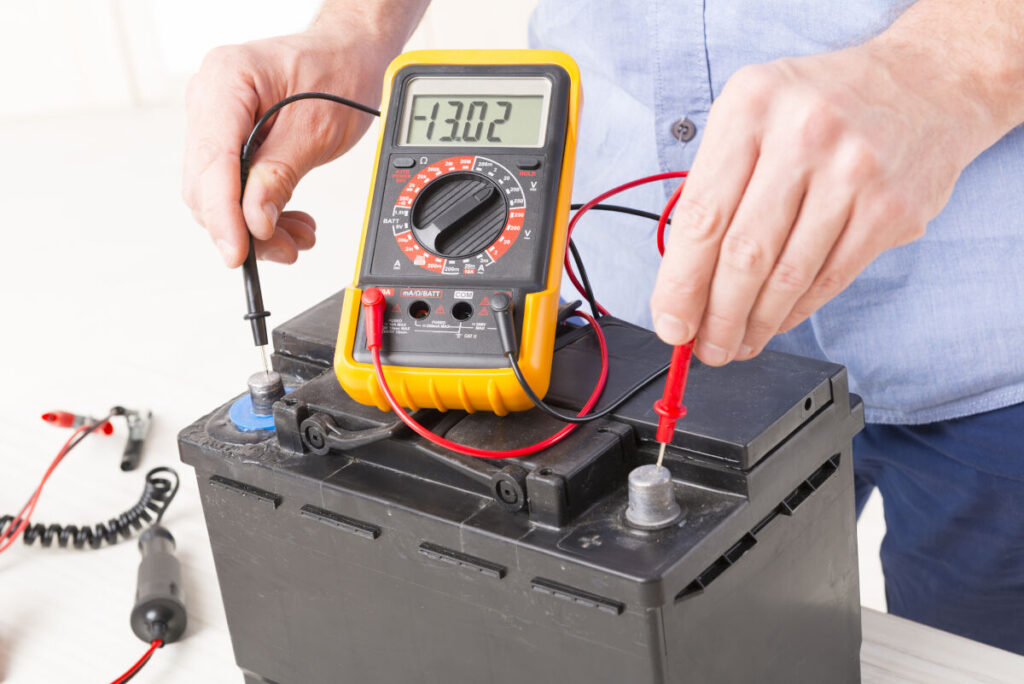If a battery is not charged in time after it is discharged, several potential issues can arise depending on the type of battery.
- Lead-Acid Batteries:
- Sulfation: When a lead-acid battery is left in a discharged state, lead sulfate crystals can form on the battery plates. If not charged promptly, these crystals harden and become difficult to reverse, reducing the battery’s capacity and lifespan.
- Freezing: In cold conditions, a discharged lead-acid battery is more susceptible to freezing, which can cause physical damage to the battery.
- Lithium-Ion Batteries:
- Capacity Loss: Prolonged discharge can lead to the formation of solid electrolyte interphase (SEI) layers, reducing the battery’s capacity and efficiency.
- Cell Degradation: Staying at a low state of charge for extended periods can cause irreversible chemical changes within the battery, leading to reduced performance and potential safety issues.
- Nickel-Based Batteries (NiCd, NiMH):
- Memory Effect: For nickel-cadmium batteries, not fully charging can cause a memory effect, where the battery “remembers” a smaller capacity. Although this is less of a concern for nickel-metal hydride batteries, they can still suffer from voltage depression.
- Crystalline Formation: Similar to sulfation in lead-acid batteries, nickel-based batteries can develop large crystals within the cell, which impairs battery function.
- General Issues:
- Reduced Capacity: Most batteries, regardless of type, will lose capacity if left discharged for too long. This is due to chemical reactions that are often irreversible.
- Self-Discharge: Batteries naturally self-discharge over time. If not recharged, the battery can reach a point where it is no longer able to hold a charge or be recharged effectively.
- Increased Internal Resistance: Over time, leaving a battery discharged can increase its internal resistance, making it less efficient and more prone to overheating.
To maintain battery health, it is generally recommended to recharge batteries soon after discharge, store them in a cool and dry place, and avoid letting them remain in a fully discharged state for extended periods. Proper maintenance and timely charging can significantly extend the life and performance of a battery.


